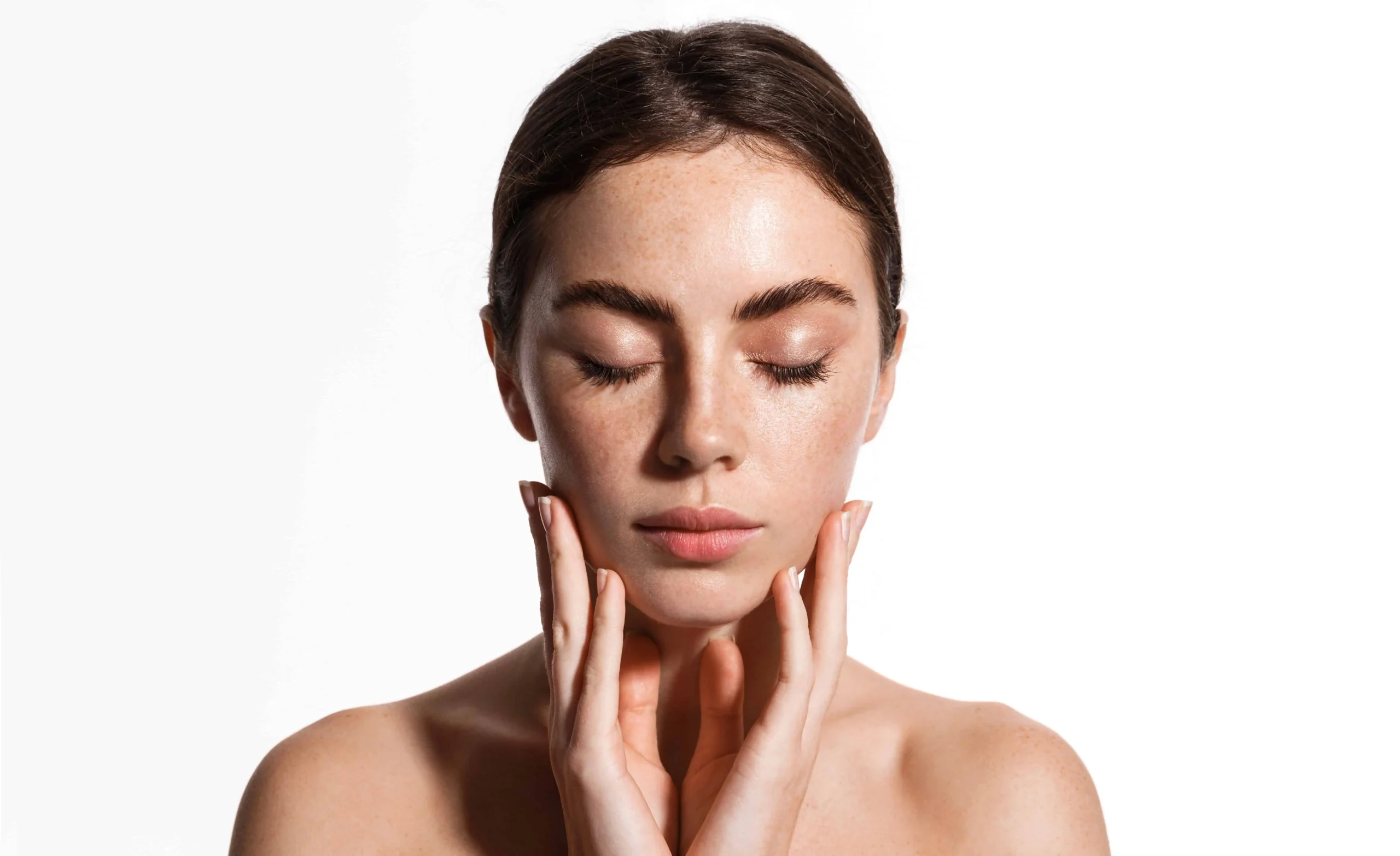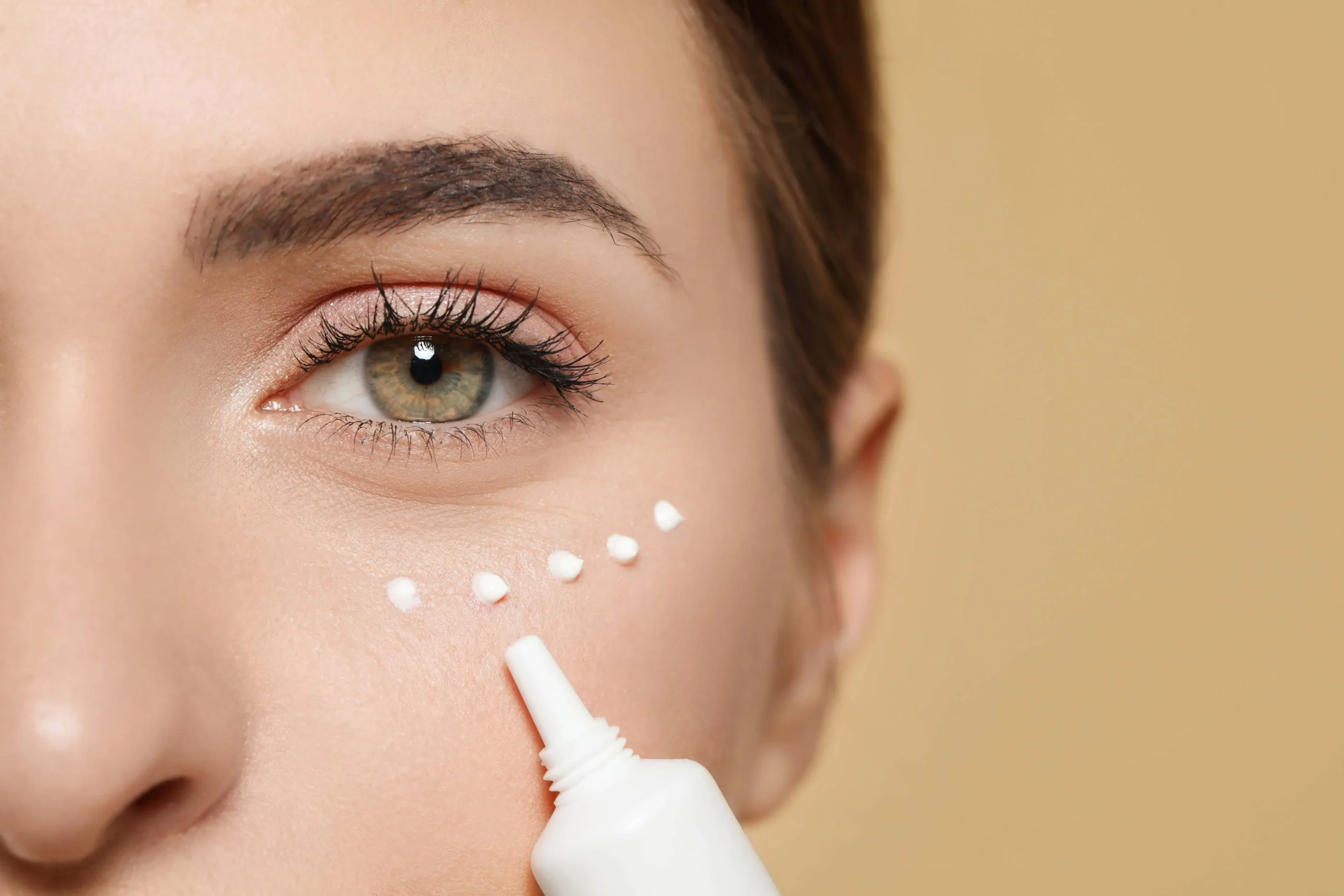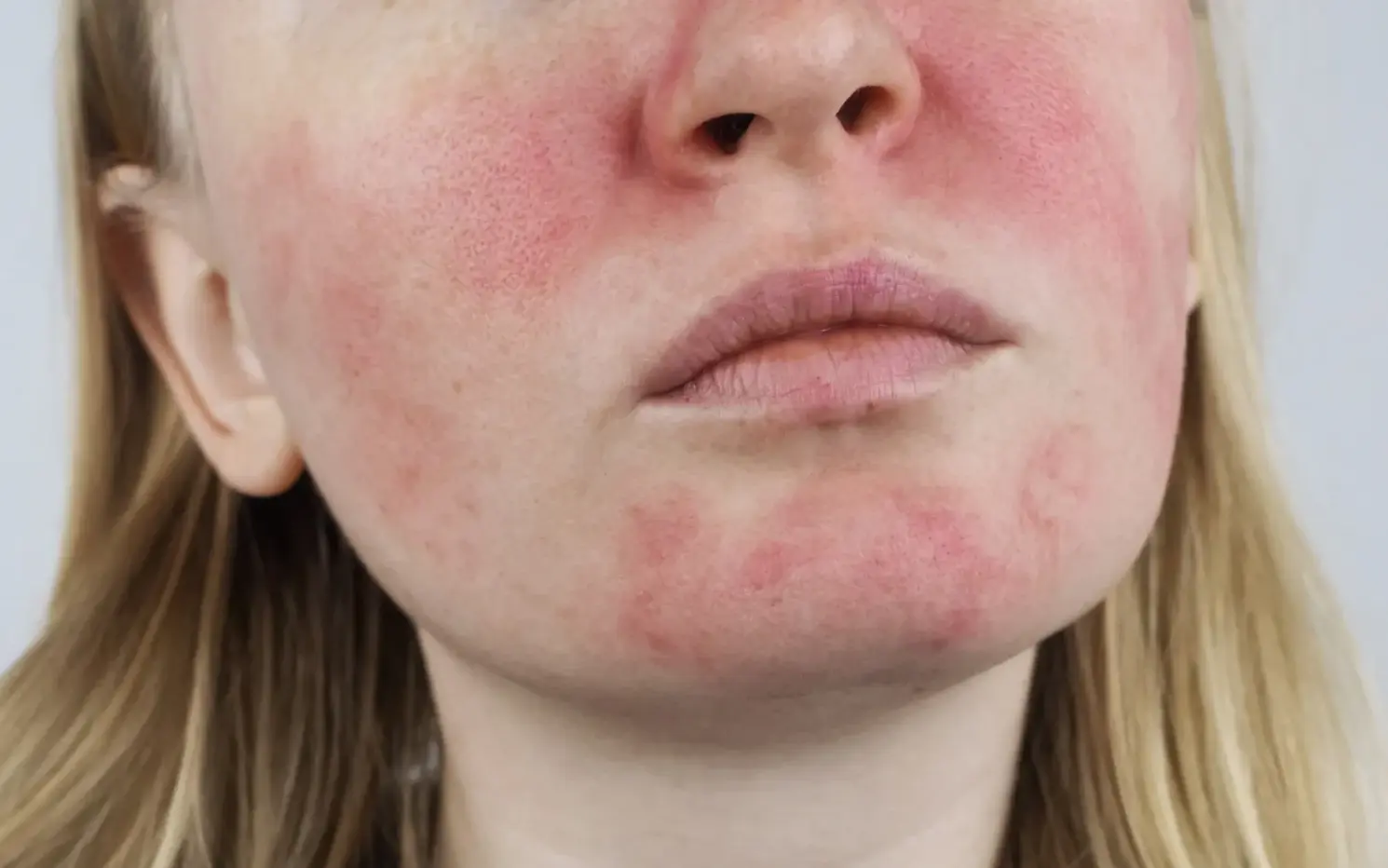In recent years, probiotics have gained significant attention beyond their traditional use in digestive health. These beneficial bacteria are now being recognized for their potential to enhance skin health and address various dermatological concerns. In this blog post, we’ll delve into the benefits of probiotics in skincare, how they influence skin health, and how to incorporate them into your skincare routine.
1. Understanding Probiotics: A Brief Overview
What Are Probiotics?
Probiotics are live microorganisms, mainly bacteria and yeasts, that provide health benefits when taken in correct quantities. They work by balancing the gut microbiome and supporting overall immune function. However, recent research suggests that probiotics can also have a positive impact on the skin when applied topically or ingested.
How Do Probiotics Benefit Skin Health?
Probiotics influence skin health through several mechanisms:
- Balancing the Skin Microbiome: Just like the gut, the skin has its own microbiome composed of beneficial bacteria. Probiotics help maintain a healthy balance of these microorganisms, which can protect the skin from harmful pathogens and support its barrier function.
- Reducing Inflammation: Probiotics can modulate the immune response, helping to reduce inflammation and associated skin conditions such as acne, eczema, and rosacea.
- Enhancing Skin Barrier Function: By strengthening the skin’s barrier, probiotics can help prevent moisture loss and protect against environmental aggressors.
2. Key Benefits of Probiotics in Skincare
A. Reducing Acne and Breakouts
Probiotics can help manage acne in several ways:
- Anti-Inflammatory Effects: Certain strains of probiotics have anti-inflammatory properties that can reduce redness and swelling associated with acne.
- Balancing Skin Microbiome: Probiotics can help balance the skin’s microbiome, which may reduce the overgrowth of acne-causing bacteria like Propionibacterium acnes.
- Regulating Sebum Production: Some studies suggest that probiotics can help regulate sebum (oil) production, potentially preventing clogged pores and breakouts
B. Soothing Eczema and Rosacea
Probiotics can be beneficial for inflammatory skin conditions:
- Eczema: Probiotics can enhance the skin barrier function, which helps retain moisture and reduce the severity of eczema symptoms. They also have anti-inflammatory effects that can alleviate itching and redness.
- Rosacea: By modulating immune responses and reducing inflammation, probiotics may help manage rosacea flare-ups and improve overall skin appearance.
C. Improving Skin Hydration and Barrier Function
- Strengthening the Skin Barrier: Probiotics support the skin’s natural barrier, helping to lock in moisture and protect against environmental stressors. This can lead to improved skin hydration and a smoother texture.
- Enhancing Moisture Retention: Probiotics can help enhance the production of ceramides and other lipids that are crucial for maintaining the skin’s moisture balance.
D. Fighting Signs of Aging
Probiotics can play a role in anti-ageing:
- Reducing Fine Lines and Wrinkles: By supporting the skin barrier and reducing inflammation, probiotics may help minimize the appearance of fine lines and wrinkles.
- Boosting Collagen Production: Some studies suggest that probiotics can stimulate collagen production, which is essential for maintaining skin elasticity and firmness.
3. Incorporating Probiotics into Your Skincare Routine
A. Topical Probiotics
Topical probiotics are available in various forms, including creams, serums, and masks. When choosing products, look for:
- Probiotic Strains: Common strains used in skincare include Lactobacillus and Bifidobacterium. Check product labels to ensure they contain live and active cultures.
- Complementary Ingredients: Probiotic skincare products are often formulated with other beneficial ingredients like hyaluronic acid, niacinamide, and antioxidants for enhanced skin benefits.
B. Probiotic Supplements
Oral probiotic supplements can also support skin health:
- Choosing Supplements: Opt for high-quality supplements with proven strains of probiotics. Consult with a healthcare provider to determine the right dosage and strain for your skin concerns.
- Dietary Sources: Incorporate probiotic-rich foods into your diet, such as yogurt, kefir, sauerkraut, and kimchi. These can complement topical probiotic treatments and support overall skin health.
C. Combining Probiotics with Other Skincare Treatments
Probiotics can be combined with other skincare treatments for synergistic effects:
- With Anti-Inflammatory Ingredients: Use probiotics alongside ingredients like green tea, chamomile, and turmeric to enhance anti-inflammatory benefits.
- With Hydrating Ingredients: Combine probiotics with hydrating agents such as hyaluronic acid and ceramides to boost skin moisture and barrier function.
4. What to Look For in Probiotic Skincare Products
A. Quality and Stability
- Live Cultures: Ensure the product contains live probiotic cultures. Some products ma use probiotics in powdered form, which can lose efficacy over time.
- Packaging: Look for products in opaque, airtight containers to protect probiotics from light and air, which can degrade their effectiveness.
B. Skin Compatibility
- Patch Test: Perform a patch test before using new probiotic products to ensure they are suitable for your skin type and do not cause irritation.
- Formulation: Choose products with gentle, non-irritating formulations, especially if you have sensitive skin or underlying skin conditions.
Conclusion
Probiotics offer a promising avenue for enhancing skin health through their ability to balance the skin microbiome, reduce inflammation, and support barrier function. Whether used topically or ingested, incorporating probiotics into your skincare routine can lead to improved skin hydration, reduced acne, and a more resilient skin barrier. As with any skincare regimen, individual results may vary, so it’s important to choose high-quality products and consult with a dermatologist to tailor probiotic treatments to your specific skin needs.





